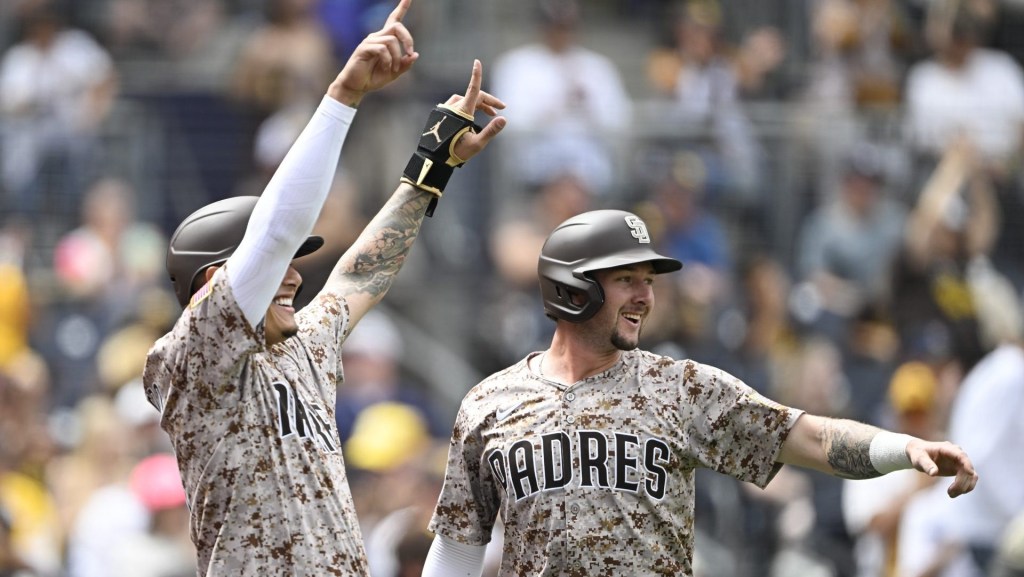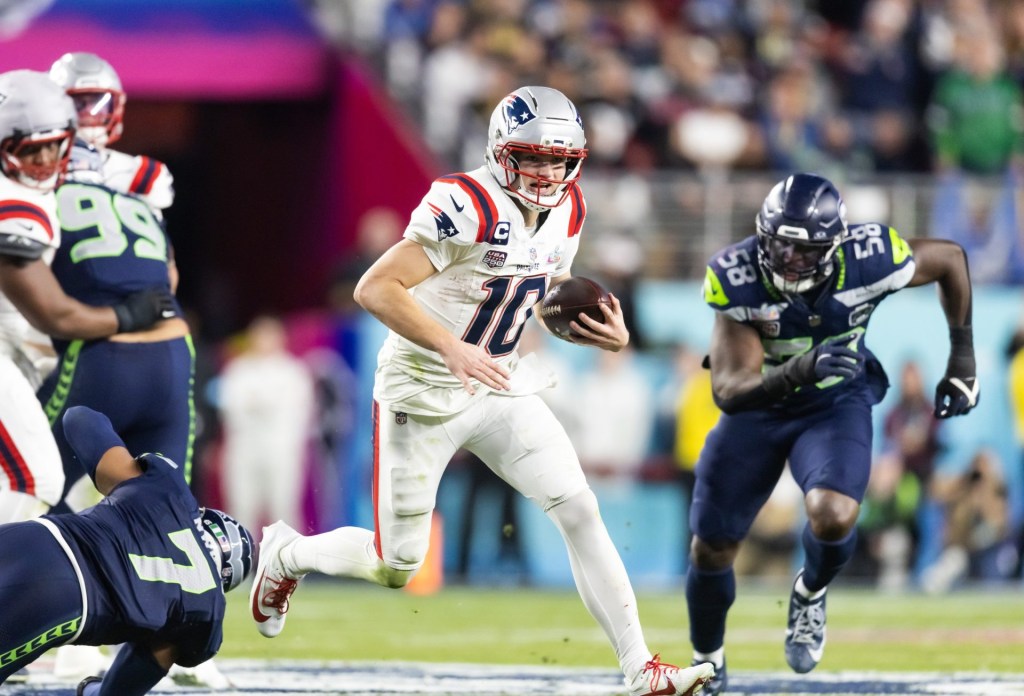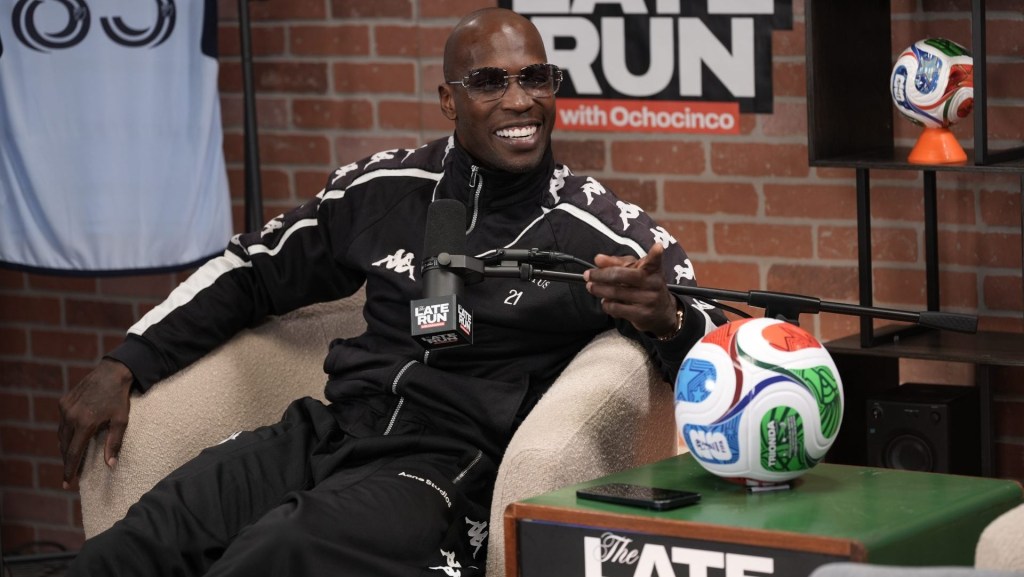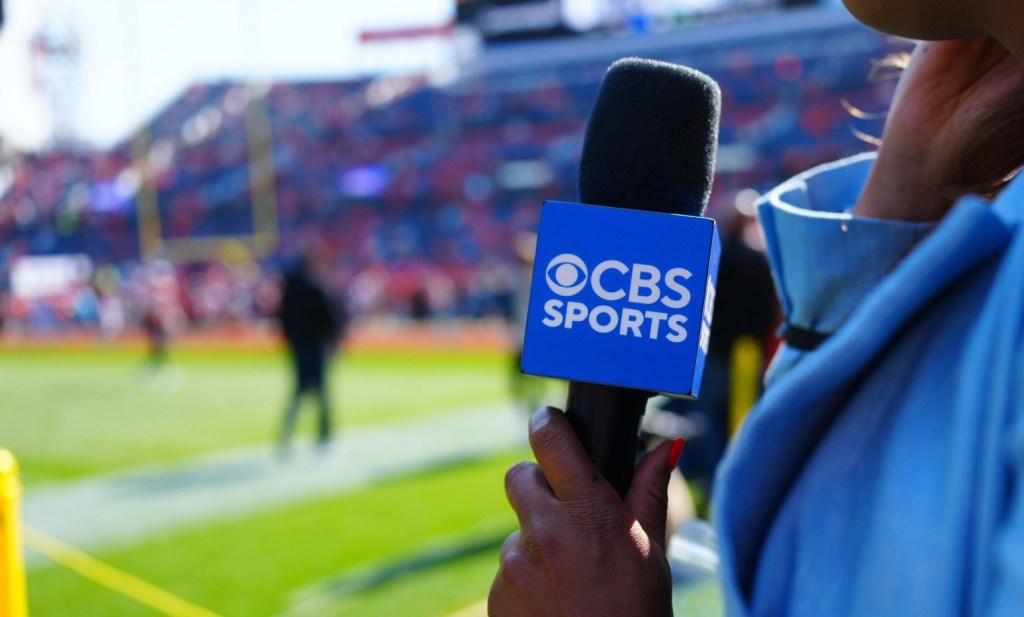With a little more than a month to go before Diamond Sports Group attempts to get legal confirmation of its bankruptcy reorganization plan, the company’s distribution dispute with Comcast is now taking a much more public and angry turn.
Less than a week after the end of a prior DSG-Comcast carriage agreement and resulting blackout of those channels to consumers, the Bally Sports parent went on the offensive by issuing a lengthy statement and open letter to fans, all aimed at pointing blame at the No. 2 U.S. cable carrier.
“[Comcast’s] Xfinity hasn’t been willing to engage in meaningful discussions, nor will they put the channels back on while we continue to work through this,” DSG’s letter read in part.
As DSG also prompted fans to send Comcast their own letter, prewritten by DSG, in protest of the blackout, the company went on to say that “Comcast Xfinity’s extreme stance is hurting fans, leagues, and teams.”
DSG went on to say that “the stakes are high” in the Comcast dispute, and there is little debate on that front. The company is due to bring that reorganization plan to the bankruptcy court for approval June 18. DSG has previously said that its prior deals with Charter, Comcast, and DirecTV collectively represent about 81% of its total distribution revenue, and that distribution revenue forms the vast majority of the entire Bally Sports business. Beyond those industry-leading carriers, DSG networks also are not carried on major entities such as YouTube TV, Dish Network, and Hulu Live.
Comcast disputed many parts of DSG’s public statements, particularly the claim that it is unwilling to engage in talks.
“Bally Sports chose not to exercise a right to extend their contract and they declined multiple offers, so now we no longer have the rights to their programming,” Comcast said in a statement provided to Front Office Sports. “Nearly 70% of our customers who received these networks didn’t watch them. We are moving forward with our plan to proactively credit millions of customers for the costs associated with them. Most will automatically receive $8 to $10 per month in credits.”
Broader Implications
The DSG-Comcast battle in part represents a particular flash point in an ongoing struggle for regional sports networks of all types to adapt to a rapidly changing media landscape that includes accelerating cord-cutting, as well as increasing pushback on many fronts to the costs associated with RSN programming.
In the meantime, individual pro teams carried by the affected Bally Sports RSNs, and their fans, are directly impacted by a carriage battle in which they have no direct role. MLB’s Braves, Marlins, Tigers, and Twins are among those foremost feeling the initial brunt of the blackout.
“We are disappointed in the stalled negotiation between Bally Sports Detroit and Comcast, and the inconvenience it may cause for Tigers fans,” the club said. “The Tigers have no voice in the matter, but are hopeful the two sides will come to an agreement as soon as possible.”


![[US, Mexico & Canada customers only] Sep 28, 2025; Bethpage, New York, USA; Team USA's Bryson DeChambeau reacts after hitting his approach on the 15th hole during the singles on the final day of competition for the Ryder Cup at Bethpage Black.](https://frontofficesports.com/wp-content/uploads/2026/03/USATSI_27197957_168416386_lowres-scaled.jpg?quality=100&w=1024)



![[Subscription Customers Only] Jun 15, 2025; Seattle, Washington, USA; Botafogo owner John Textor inside the stadium before the match during a group stage match of the 2025 FIFA Club World Cup at Lumen Field.](https://frontofficesports.com/wp-content/uploads/2026/02/USATSI_26465842_168416386_lowres-scaled.jpg?quality=100&w=1024)
![[Subscription Customers Only] Jul 13, 2025; East Rutherford, New Jersey, USA; Chelsea FC midfielder Cole Palmer (10) celebrates winning the final of the 2025 FIFA Club World Cup at MetLife Stadium](https://frontofficesports.com/wp-content/uploads/2026/02/USATSI_26636703-scaled-e1770932227605.jpg?quality=100&w=1024)









